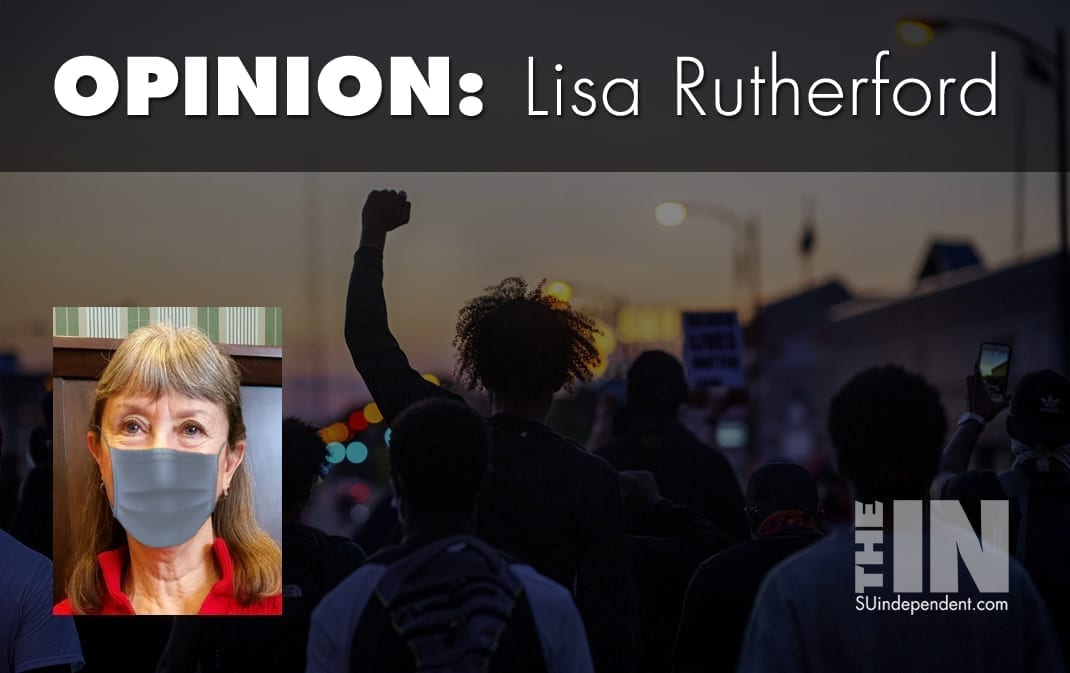
Freedom, Limitations, and Lifestyles
As I sat in my home on July 4th, 2020 during the COVID pandemic, my mind started down rabbit holes regarding the concept of freedom—what it means to me and what it seems to mean to others. Of course, all words are just concepts that people have in their minds and thus have given their own meaning, not without some standard definition but even that can be confusing.
Merriam Webster has defined “freedom” but apparently it’s not that simple for them either. Generally, most word definitions are brief but not with freedom. Webster’s definition includes the “absence of necessity, coercion, or constraint in choice or action” and “the quality or state of being exempt or released usually from something onerous” as in freedom from care or responsibility. They add that freedom “has a broad range of applications from total absence to restraint to merely a sense of not being unduly hampered or frustrated.” So, there you go. All clear, right?
To some freedom means doing what they want, when they want, and how they want with little if any regard for others. To others, it means freedom to do what they want, when they want, and how they want as long as those actions don’t harm others. But even that is tricky. What does “harm” mean? In this age of mask-wearing (or not), many define harm as when someone gives them the coronavirus by not taking proper precautions.
Many years ago we had passionate arguments over smoking. Smokers wanted the freedom to smoke wherever and whenever they chose because that was their business and no one should tell them otherwise. Then the science about the harm of second-hand smoke to others came to light. The issue got a little clearer but no less testy. It’s not just about the smoker; it’s about those around the smoker too and their rights, i.e, freedom to maintain their health.
Freedom is even limited when it comes to what I can do in my own home since if I’m doing something illegal my freedom to do it would be denied if I were discovered. When we live in close quarters, some things we do in our own homes even if legal may have a negative effect on the freedoms of those close to us who may want to enjoy peace and quiet, something they feel is part of their freedom to enjoy life while others feel freedom allows them to be rowdy and noisy. The point is that freedom is a very complicated thing and cannot be easily forced into a political box of rhetorical sound bites.
Freedom is one of those things that depend on whose ox is getting gored, as they say. Our nation’s founders fought for freedom—a freedom that today many are using in their rhetoric—but they were not opposed to taking away the freedom of the black people, those who were supporting their comfortable lifestyles through hard labor. The founders were not willing to fight for those humans’ freedoms because they felt it would tear this country apart (and for many affect their own economic position). Yet they left us with a legacy that is now tearing us apart. So much for gaining ground and so much for defining what freedom really means in the context of this nation and its history. Native Americans and their lack of freedom during this nation’s history serves as another example of freedom denied. Often “freedom” only extends to the end of one’s nose: my freedom is good but yours… not so much.
The right to possess guns is another freedom issue, but the poster child for freedom today has moved from guns to masks—at least temporarily. Many folks who are complaining about wearing masks, want our economy opened, support market-based economics, and believe that business owners should be able to make their own business decisions. But these same folks are now telling businesses, “You can’t tell me to wear a mask while in your store.” I would say to these folks that freedom is indeed tricky but please try to decide what your beliefs are because for many of us they appear very contradictory.
Fires that resulted from the 4th of July fireworks are an example of freedom run amok. This is evidence that our freedom has now morphed into license – freedom that allows or is used with irresponsibility. Burning our land—and at times ourselves—is not how to honor the freedom that so many fought to preserve.
So, yes, the word freedom is very tricky, but as citizens of this nation we must work to define this term in a way that works for all of us or the freedom of which we speak so highly—and often loosely—will be lost. I will continue to muse about how nice it would be if freedom were used in a fair way to make it workable and healthy for all.
Viewpoints and perspectives expressed throughout The Independent are those of the individual contributors. They do not necessarily reflect those held by the staff of The Independent or our advertising sponsors. Your comments, rebuttals, and contributions are welcome in accordance with our Terms of Service. Please be respectful and abide by our Community Rules. If you have privacy concerns you can view our Privacy Policy here. Thank you!
Click here to submit an article, guest opinion piece, or a Letter to the Editor





https://www.nationalgeographic.com/science/2020/07/poll-covid-masks-morning-consult/?cmpid=org=ngp::mc=social::src=twitter::cmp=editorial::add=tw20200711science-covidmaskspoll::rid=&sf235862969=1